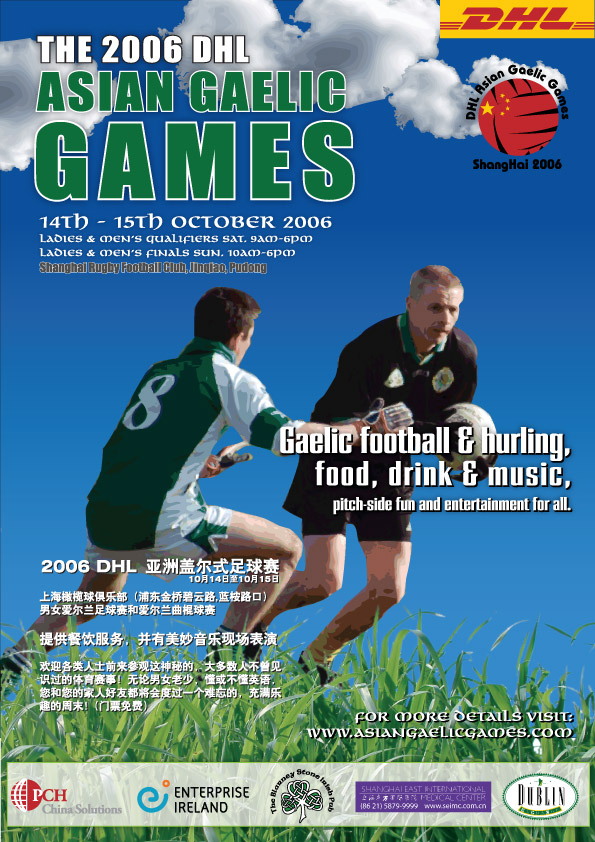It is amazing! I got so many high quality and genuine introduction about people from around the world in this blog entry: Where are You?. Thanks for the great comments.
Hey,
I am from Finland. A small, population a little bit above 5 million people, country in the Northern Europe. The neighbours in the map are Sweden, Russia, Norway and Estonia (Estonia doesn’t share any land with us in the borders).
Finland is part of the European Union and nowadays has Euro as the currency, we used to have our own currency, markka. Finland has been ruled by Sweden and Russia in the history but we have been independent since 1917.
They say that Finnish people are shy and quiet but if you get to know us then you will make a friend for a lifetime. I don’t know about that, I think the younger people are not so shy any longer but we still tend to appreciate friendship very much.
Finland is known to be a country of thousands lakes, it is actually true. According to some general definition for size of a lake, we actually have thousands of lakes, which are bigger than the definition. As we are small country by population, then there is still lots of land untouched and nature is one of the beautiful reasons for living or visiting here.
Winter time is a little bit depressing as sun will set very early and rise quite late. You get used to live in the darkness but it gets easier when it snows and everything turns white. During the summer time, people get really happy as sun practically doesn’t set so well. It is so nice to walk out from the nightclub at 4am and see that there is still lots of light available and temperature is such that you don’t feel chilly at all.
Posted by: Miikka on October 22, 2006 12:35 AM
I live just outside Washington, D.C. It is a very international city. One out of every eight residents here were not born in the United States. You can meet people from just about very part of the world. I have roommates who are Indian and Bulgarian. I love it here!
Давид <-- My name in Bulgarian
Posted by: Dave G. on October 22, 2006 01:31 AM
Hello! Mabuhay! Greetings from Manila,Philippines.we are located on the southeastern part
of Asia, between south china sea and Philippine sea. I am from an archipelago consisting of
more than 7000 islands. Aside from the year round warm and summer like weather, beautiful beaches and great hideaways, the filipino people are what really is the real deal.
From a long history of Western colonial rule, interspersed with the visits of merchants and traders, evolved a people of a unique blend of east and west, both in appearance and culture.
The Filipino is basically of Malay stock with a sprinkling of Chinese, American, Spanish, and Arab blood. It’s hard to distinguish, accurately. but who cares, we are unique, both in
appearance and character. You have to visit us, to see, feel, and get the vibe!!
BTW, Thank you Mr.Wang for giving us, your readers, a chance to be known and heard.
You are doing wonderful.
Posted by: mariz on October 22, 2006 03:43 AM
Hallo, my name is Andrea. I am a psychologist in a childrens hospital in Stuttgart (600 000 people), Germany. 30 Years before I have studied Chinese at the university of Tübingen, but I never had the opportunity to go to China… Now will my husband go to Hangzhou (and Shanghai) tomorrow. He will meet people of the BOSCH plant there, because he is the chairman of the workers council (Betriebsratsvorsitzender) in the German plant in Leinfelden/Stuttgart.
I am excited to hear about the China of today.
Today we had a big manifastation against the government in Germany, also in Stuttgart, Munich, Dortmund and Berlin!
Many greetings, Andrea
Posted by: Andrea on October 22, 2006 04:36 AM
Hi,
I’m from Düsseldorf, Germany. Düsseldorf is the Capital of North- Rhine- Westfalia, the biggest Country of Germany (17 Mill. Residents, Germany: 80 Mill.). You may look at this Website for more information about Düsseldorf: http://www.duesseldorf.de/zh/index.shtml (in Chineese) and: http://www.duesseldorf.de/en/index.shtml (in english).
Düsseldorf is associated with Chonqing, so we have a lot of chineese People here – and also a lot of Chineese Restaurants, Supermarkets, Taiji- Chuan- Teacher (My taiji- chuan- master is from Shanghai), etc. There is also a direkt Flight Chonqing- Düsseldorf.
So, if you want to visit Germany, I would be happy to welcome you…
Xiong Shui
Posted by: Xiong Shui on October 22, 2006 05:08 AM
Hi,
my name’s Gabyu, I’m from Paris, France, used to travel back and forth from Shanghai to Paris since 10 years by now. Well, The world is much more smaller than we think, especially using the internet and jets …
Paris is full of many different foreigners, from northern African people to Southern asian people, and also Chinese people for sure. 2 chinatowns in Paris, essentially made from Wenzhounese. The city is very quiet compared to Shanghai… Less pollution, less CO2 et definitely less hot.
Here, people’s concern is to avoid polluting, to feel as quiet as they can, to hear silence, to avoid wastes, and to go to cafés after office time :)
Gabyu
Posted by: gabyu on October 22, 2006 06:28 AM
你好,
My name is Ben. I am originally from Shanghai, and now in Austin, the state capital of Texas. It’s a beautiful city with many mountains and lakes with blue water, though there are few Chinese people or restaurants. Life here revolves around live music performances (check out austinist.com) and enjoying nature. :)
Thanks for writing this awesome blog, it makes me want to return to Shanghai and do something big, bigger than myself. There are definitely more professional opportunities there.
~Ben
Posted by: Ben on October 22, 2006 08:37 AM
I am in New Zealand, the South Island. Air New Zealand has just started (or will very soon start) direct flights to Shanghai so next time to Shanghai it will be much faster and less tiring :-). I live in Christchurch and frequently eat at Chinese eateries without any other Europeans around. There are also lots of Chinese shops and the Mayor of Dunedin is Chinese.
Since my first visit to Shanghai I check your blog daily, there is always something interesting and relevant. Since my second visit I feel I “know” Shanghai a little (!) and feel very comfortable there.
Posted by: kiwiuncle on October 22, 2006 11:51 AM
Hi
I am from Chicago Illinois USA and visit China on Furniture business often. I really enjoy your blog
Lee Rosenberg
Posted by: lee rosenberg on October 22, 2006 12:11 PM
Hi,
I am from Singapore. I came to know your blog through a friend working in Suzhou in 2003, just a day before I left for Shanghai. I had stayed there for a month. Since then on my second trip to Shanghai, I moved around very comfortable like a local. Thanks all these to your blog. The next thing I want to do is to learn Shanghainese and plan for my next trip to Shanghai..
Jian Shuo, if you have chance to come to Singapore, please email me. I wish to give you a treat.
With Best wishes
Joyce
Posted by: Joyce on October 22, 2006 07:02 PM
Hi to all!
I’m also from Singapore, typically described as a ‘tiny red dot’ (on the world map). We are just 1/10 the size of Shanghai with a population of 4 million hence it is little wonder that many people don’t know our existence!
Like any other places on earth, there are good and bad comments about Singapore, the most common one being it a very clean country. Negative one would be that our government is too strict (think of the chewing gum ban, caning and death sentences) though I personally don’t think it is necessarily bad.
Although I stay in Shanghai for my work now, hopefully there will be an opportunity in future to show you or any readers on this blog around in Singapore!
Posted by: zee on October 22, 2006 11:21 PM
I come from Melbourne, Australia. U visited here a couples of week before. Do u like it? U really good in observe things.
I would definitely want to come to shanghai try the maglev.
Posted by: Ryan on October 23, 2006 07:49 PM
Hi, I’m Ying.
I was born in Shanghai, then moved to the UK. I lived roughly half my life in China and half in the UK. Currently I live in Manchester.
I’m really facinated by the difference between cultures and also discovering how much similarity there are. I enjoy travelling. The last time I visited China was in 2005.
Posted by: Ying Zhang on October 23, 2006 08:02 PM
Hi, I’m from Italy…seems like I’m the only one here :-) I studied Chinese and like to keep updated on all kind of things about China, that’s how I stumbled into your blog…months ago, can’t stop reading it now! keep up the good job please.
Ciao!
Posted by: elena on October 23, 2006 10:29 PM
Hi, I am from Kentucky in the USA. I live in a very small town, less than 1000 people. I have visited Shanghai twice, the most recent time being in July of 2006. My husband and I have three daughters adopted in China. We hope someday to live in China for a while.
I enjoy reading your blog and learning more about China.
Posted by: Carolyn on October 24, 2006 12:44 PM
Hello, I am from San Francisco. I really enjoy your blog and learned many things about Shanghai. The first time I was in Shanghai was in 1980, just when China opened up. The 1980 version of the city clouded my vision of Shanghai for many years. I returned in late 2003 on a business trip, and on arriving at the airport I was amazed. I could not believe the change. Taking the highway into town and checking in to the Grand Hyatt was a fantastic eye opener.
I took my family to Shanghai just to let them experience the transformation. Have returned a few times and Shanghai is now one of my favorite cities. I love your blog, thank you for your time and you effort.
Posted by: Alex Lee on October 24, 2006 01:51 PM
Hi, I’m from the Portuguese Island of Madeira!
It lies about 360 miles from the coast of Africa, 535 miles from Lisbon, 230 from Gran Canaria. More info (http://en.wikipedia.org/wiki/Madeira_Islands).
Nowadays my HQ’s is Barcelona but I had a chance to spend 6 days in shanghai last week.
Posted by: Paulo Martins on October 25, 2006 06:52 AM
Hi, I am a Chinese originally from Malaysia, and now in Busan, South Korea.
Malaysia is a federation of 13 states in Southeast Asia.Although politically dominated by the Malays, modern Malaysian society is heterogeneous, with substantial Chinese and Indian minorities. Nonetheless, Malaysia is considered to be a model of racial harmony.
I enjoy traveling a lot and my last trip was to Shanghai in April 2006.
Thanks for writing this blog and it make me understand more about China especially Shanghai. Keep up the good job.
Posted by: Teresa on October 25, 2006 10:21 AM
I am so excited to see people from around the world gather on this small blog and share their lives, and know more about others’ lives. Among the list, I have been to some places, like Singapore, Malaysia, Australia, U.S., and there are so many for me to explorer: Finland, Germany, New Zealand, and France…
The early days of my travel was mainly triggered by the desire to see “how different people are” in many places, and my recent travel is more about enjoying the commonality between people around the world – nice, friendly, having dream, and enjoy small happiness like sitting in the Sunshine. That is just so beautiful!
Kudos to everyone who posted on that entry.
P.S. I just checked my site log, and found out the top 20 countries/regions where my reader came from.
United States
China
United Kingdom
Canada
Australia
Singapore
India
Hong Kong
Germany
Thailand
Malaysia
France
Italy
Netherlands
Japan
Turkey
Brazil
Sweden
Spain
Taiwan
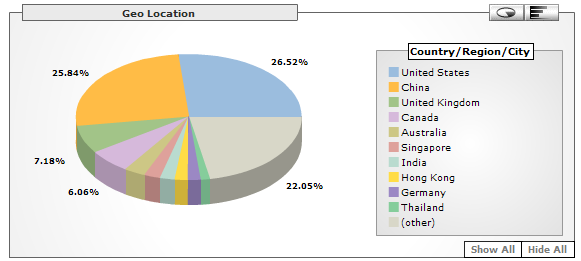
Source: Google Analytics data for Wangjianshuo’s blog for 2006 (from 2006-1-1 to 2006-10-25)
This is the Geo overlay so we have some idea about how global this community is. :-)
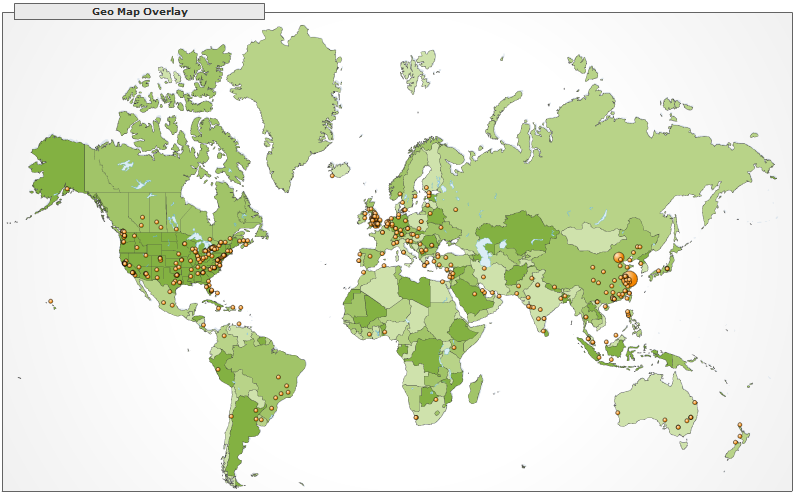
Source: Google Analytics data for Wangjianshuo’s blog for 2006 (from 2006-1-1 to 2006-10-25)



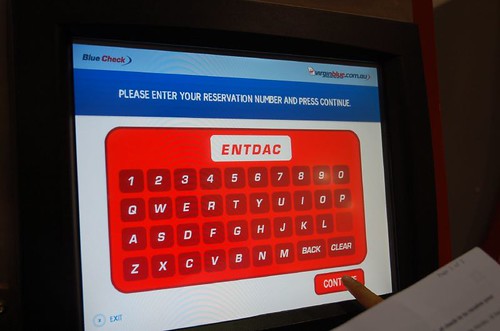
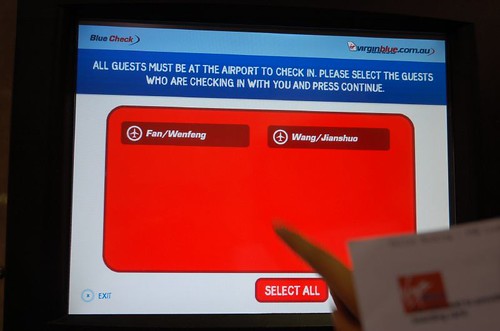
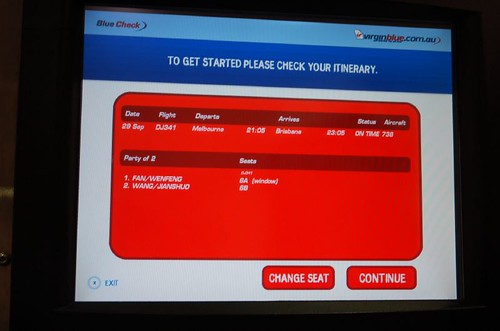
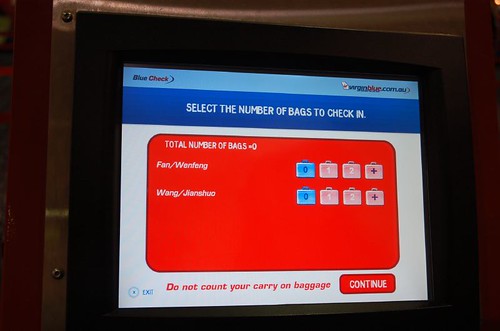
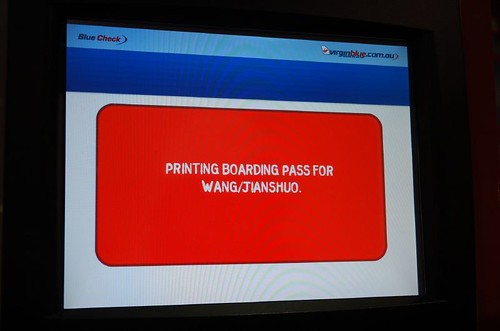
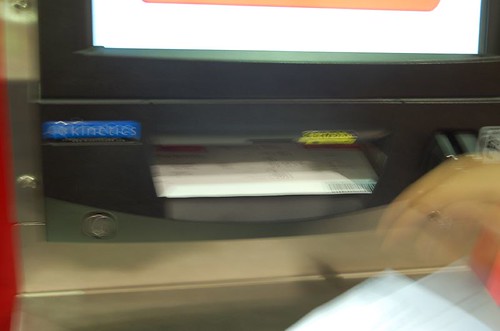
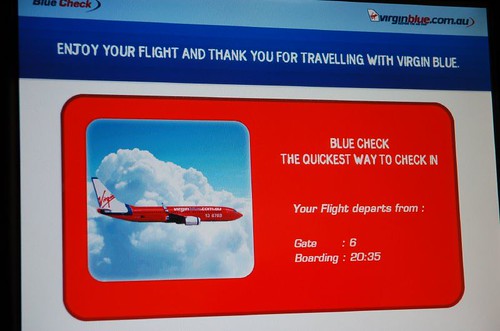
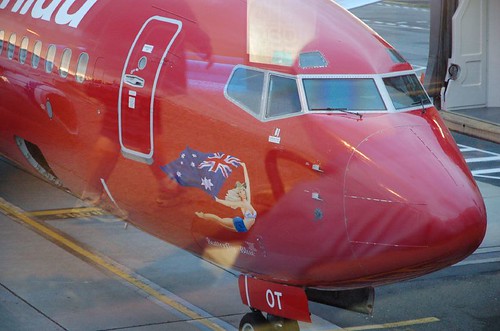
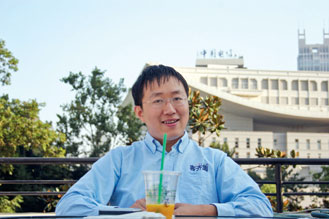 I started my blog to help foreigners survive in the city, because Shanghai is not so easily accessible for people who don’t know it well,” explains 28 year old blogger Wang Jianshuo.
I started my blog to help foreigners survive in the city, because Shanghai is not so easily accessible for people who don’t know it well,” explains 28 year old blogger Wang Jianshuo.
